rr.peercommunityin.org/PCIRegistere...
I am already excited about the to-be-collected data.
Nice work led by Mara Bialas 👏 (also with @maartenboksem.bsky.social)

rr.peercommunityin.org/PCIRegistere...
I am already excited about the to-be-collected data.
Nice work led by Mara Bialas 👏 (also with @maartenboksem.bsky.social)
But... I think we could cite Tsai a bit more often, when we discuss how people (and other animals) minimize the expenditure of effort.
(5/5)
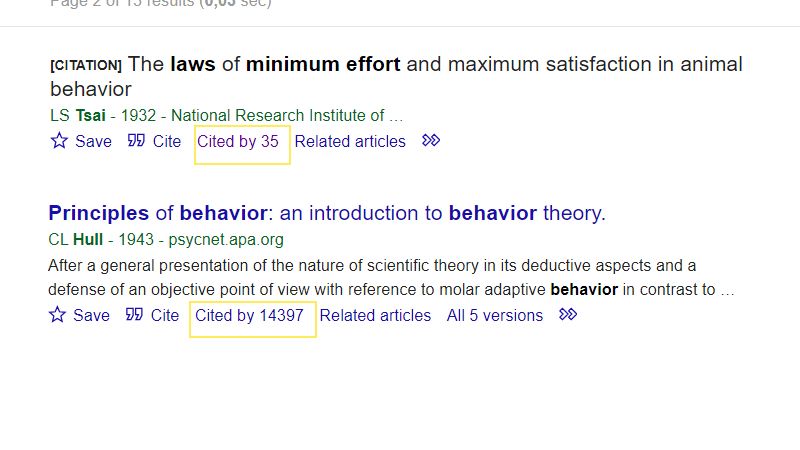
But... I think we could cite Tsai a bit more often, when we discuss how people (and other animals) minimize the expenditure of effort.
(5/5)
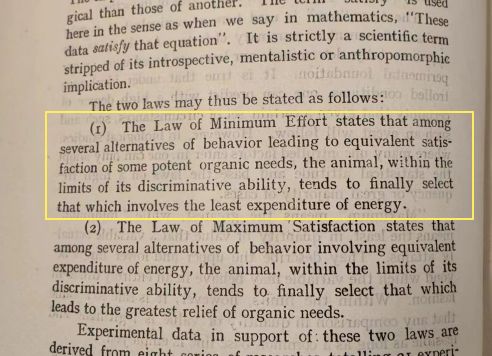
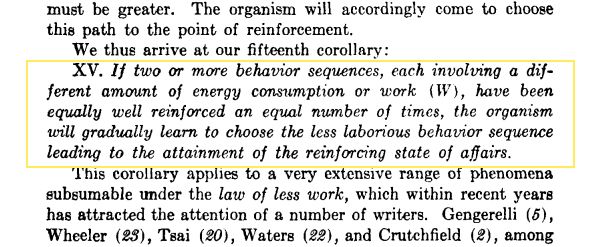
The monograph describes data from 21 T-maze experiments. Experiments 1-13 show that, when given the choice, rats learn to choose the option that requires least effort. (2/5)
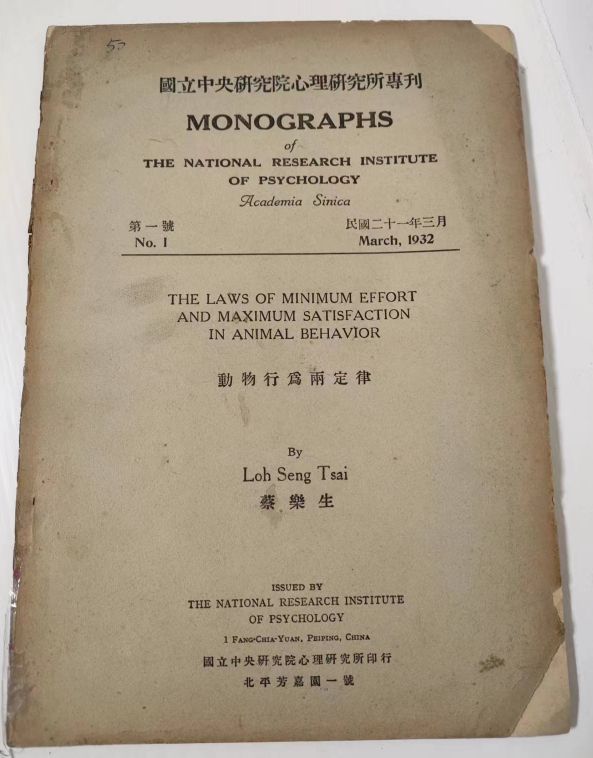
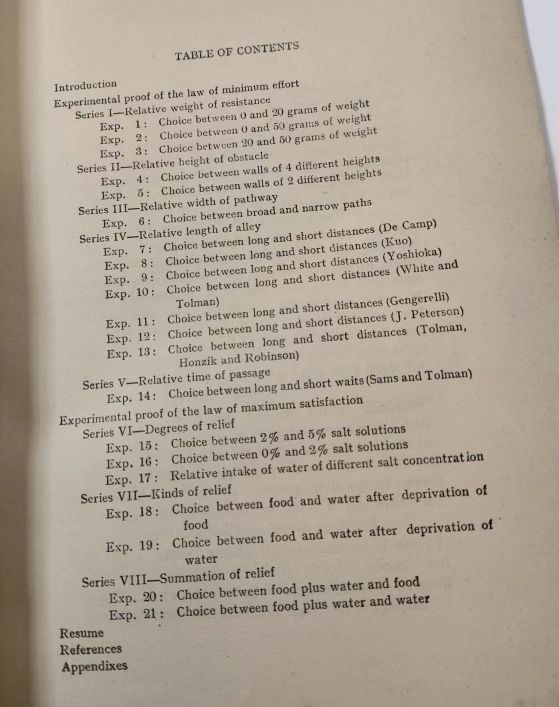
The monograph describes data from 21 T-maze experiments. Experiments 1-13 show that, when given the choice, rats learn to choose the option that requires least effort. (2/5)
I recently learned that the Chinese psychologist Loh-Seng Tsai published the same idea 11 years before Hull.
🧵Short history thread (1/5):
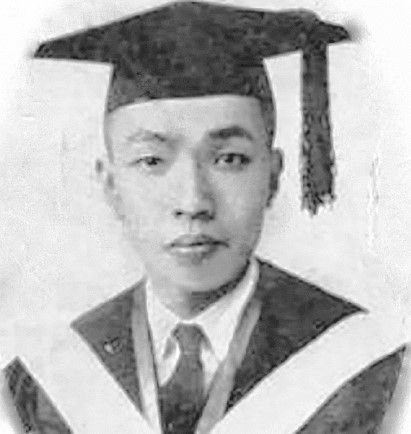
I recently learned that the Chinese psychologist Loh-Seng Tsai published the same idea 11 years before Hull.
🧵Short history thread (1/5):

"Unfortunately, journals in industrial, work, and organizational psychology still fail to support Open Science practices"
open.lnu.se/index.php/me...
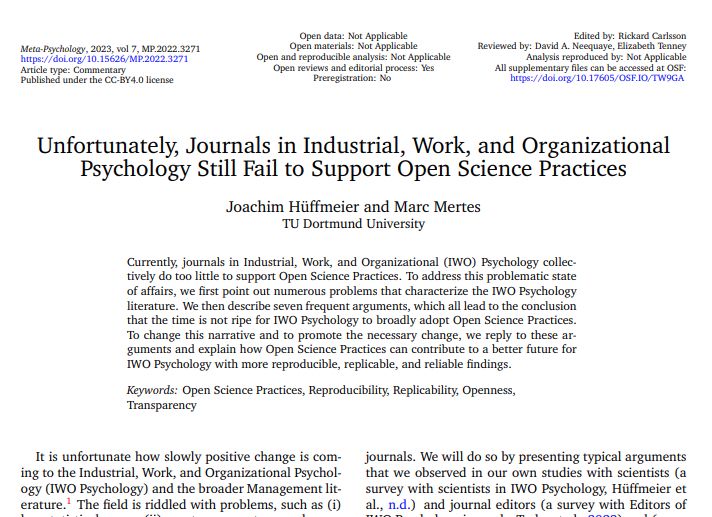
"Unfortunately, journals in industrial, work, and organizational psychology still fail to support Open Science practices"
open.lnu.se/index.php/me...
I like how these authors applied theory from work psychology to their cognitive paradigm.
link.springer.com/article/10.3...



I like how these authors applied theory from work psychology to their cognitive paradigm.
link.springer.com/article/10.3...


I'd say cognitive fatigue is a unitary phenomenon, because it serves the same function in different contexts (i.e., it biases towards switching to different activities; and specifically, to low-effort activities)

I'd say cognitive fatigue is a unitary phenomenon, because it serves the same function in different contexts (i.e., it biases towards switching to different activities; and specifically, to low-effort activities)
- measured feelings of fatigue with high temporal resolution (even after every trial);
- used computational modeling to study how fatigue waxes (during physical *and* cognitive fatigue) and wanes (during rest).
doi.org/10.1016/j.co... (4/6)


- measured feelings of fatigue with high temporal resolution (even after every trial);
- used computational modeling to study how fatigue waxes (during physical *and* cognitive fatigue) and wanes (during rest).
doi.org/10.1016/j.co... (4/6)


authors.elsevier.com/a/1hwHP4sIRv...
I highlight the new findings by @quining.bsky.social et al. and I reflect on the current state of fatigue science. #psychscisky #cogsci #psychology
🧵Little thread with the main points: (1/6)

authors.elsevier.com/a/1hwHP4sIRv...
I highlight the new findings by @quining.bsky.social et al. and I reflect on the current state of fatigue science. #psychscisky #cogsci #psychology
🧵Little thread with the main points: (1/6)

